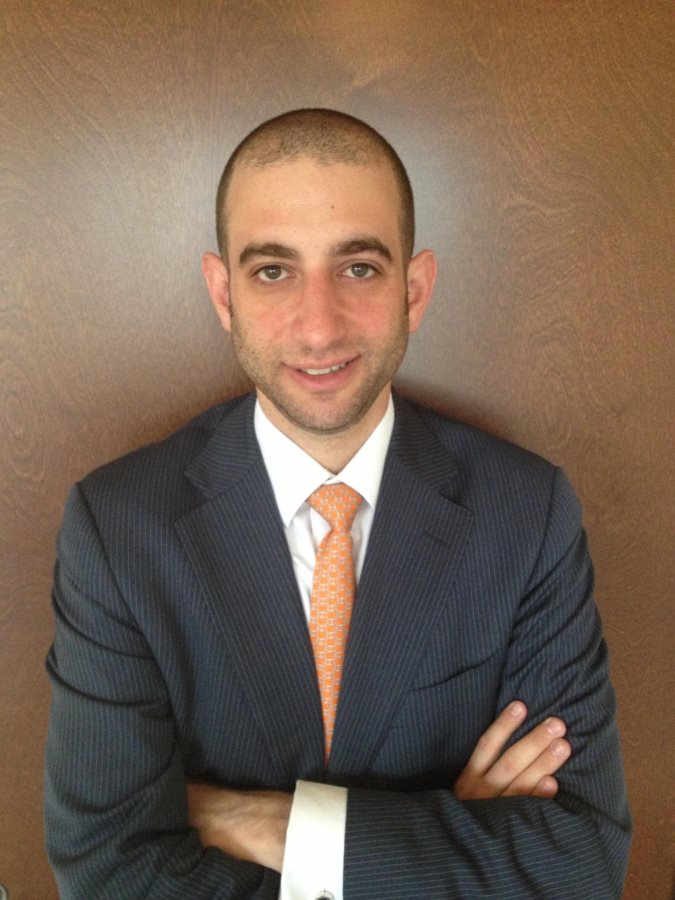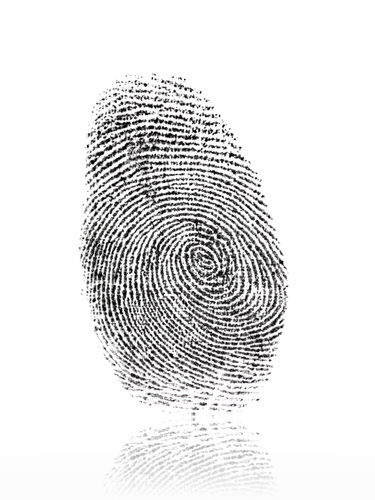
New York, NY—For Todd Spodek, the seeds of a successful career in law were sown during childhood. “As a child working for my father’s law firm,” Spodek recalled in a recent interview with laws.com, “I was intrigued by the courts and the criminal trial process. I knew early on that I wanted to try criminal cases.”
Instead of jumping right into private criminal defense, though, Spodek decided to start out on the other side of the justice system. “I wanted a more well-rounded background in the criminal justice process, so I majored in criminal justice in college, and after college worked at a large law firm doing investigations and prepping mutli-defendant cases for trial. I focused my time at law school on trial practice and once I graduated – on trying and winning as many jury trials as I could.”
(More on News at LAWS.com, Contact Alberto for interviews “support@laws.com”)
Spodek says that his first “big” case came when he represented a woman who had been charged with assault in Brooklyn. “This woman was bullied every day by a local gang,” he explains. “One day she was attacked, and she fought back, causing devastating injuries to the aggressors We made the case for self defense, which is an affirmative defense, at trial—and obtained a full acquittal.”
The case taught Spodek that “in order to win trials, you need to outwork everyone else. You need to understand the facts and circumstances of the case from your client’s point of view.”
Changes in technology have meant significant changes to the types of evidence that are brought in at trials, and Spodek says that people involved in criminal cases need to be aware of these changes. “I think that both criminal defendants and criminal defense attorneys need to realize that more and more social media and cellular phone triangulation evidence is being introduced at trial and used to obtain convictions,” he says. “Defense attorneys need to understand how social media networks work, how IP addresses work, and how different cell phone technology works.”
This understanding can make a big difference to how a case turns out, in Spodek’s experience. In one recent murder trial, he says, “the District Attorney attempted to place my client at certain locations both before the crime and after. On cross examination, I was able to successfully show that cell sites are inherently unreliable. Even if your cell phone is pinging off a certain tower, it doesn’t mean you were in an exact location.” Spodek’s client was acquitted of murder.
Deciding whether to go to trial or not can be a tricky proposition for any criminal defense attorney, and Spodek says that he considers a long list of factors before deciding whether to accept a plea deal. “Trial is all about exposure,” he explains. “If you go down at trial, what is your exposure? How does that compare to a potential deal? Do I think we can win? Do I think we can win on the top counts? Can you get probation, or is it mandatory jail or prison time? Can there be consecutive or concurrent time?”
Only after considering all these factors does Spodek decide how to advise his clients. As for how he picks those clients, he says that those choices are much more simple: “I look for cases that I think I can win—big or small.”
For attorneys interested in criminal defense, Spodek has a key piece of advice. “Be a straight shooter with clients, district attorneys, and judges,” he says. “People will respect you for it, and your reputation is worth protecting.”
Todd Spodek




























